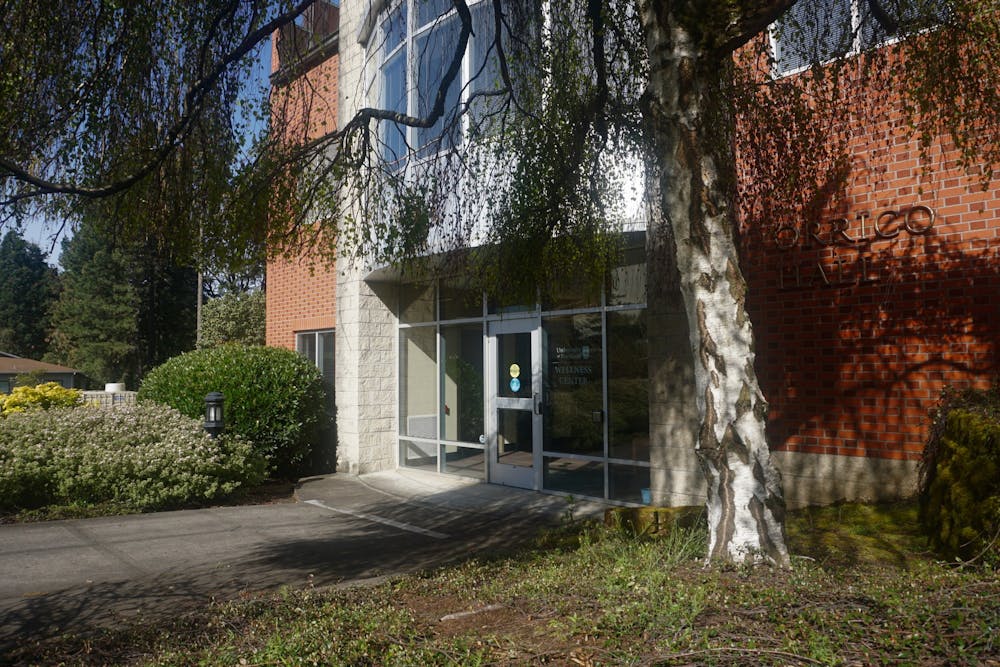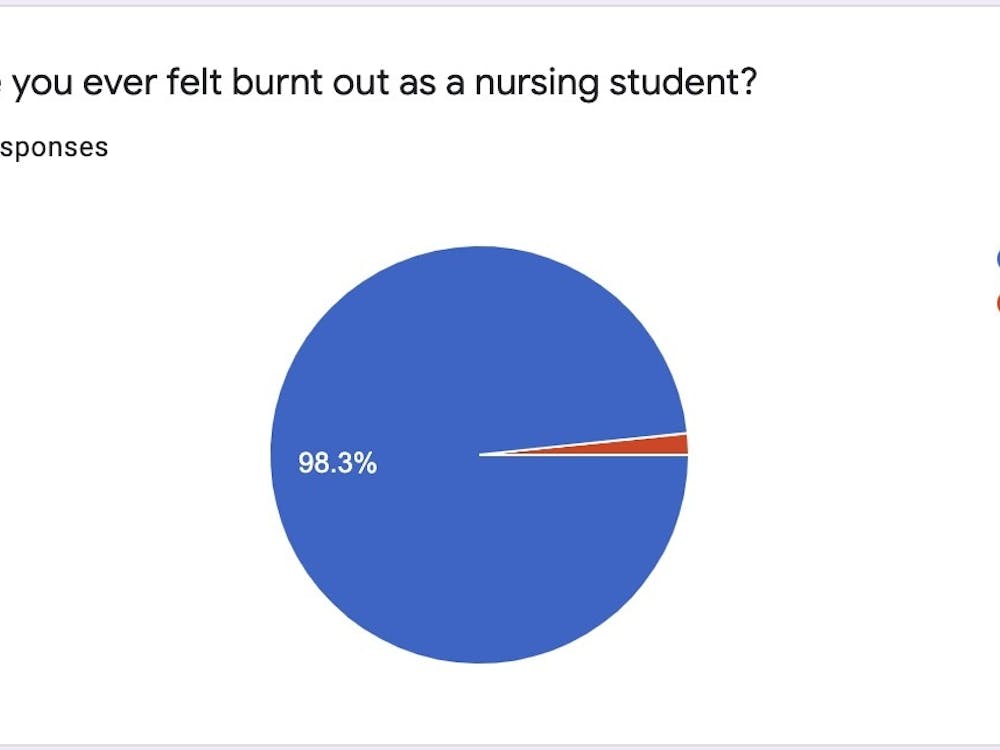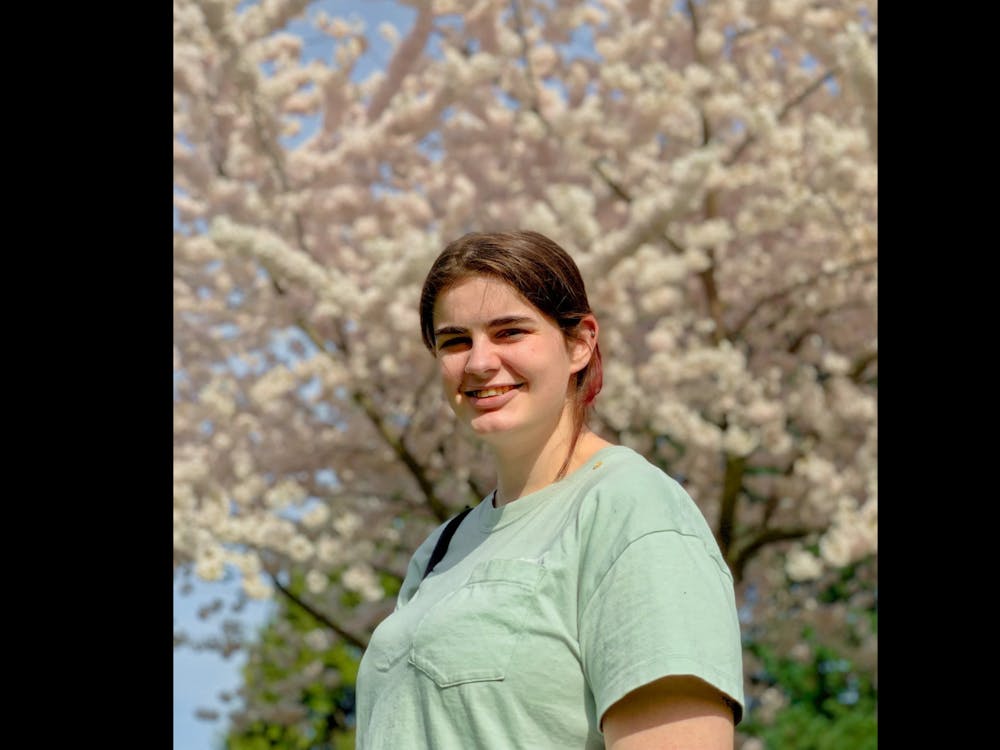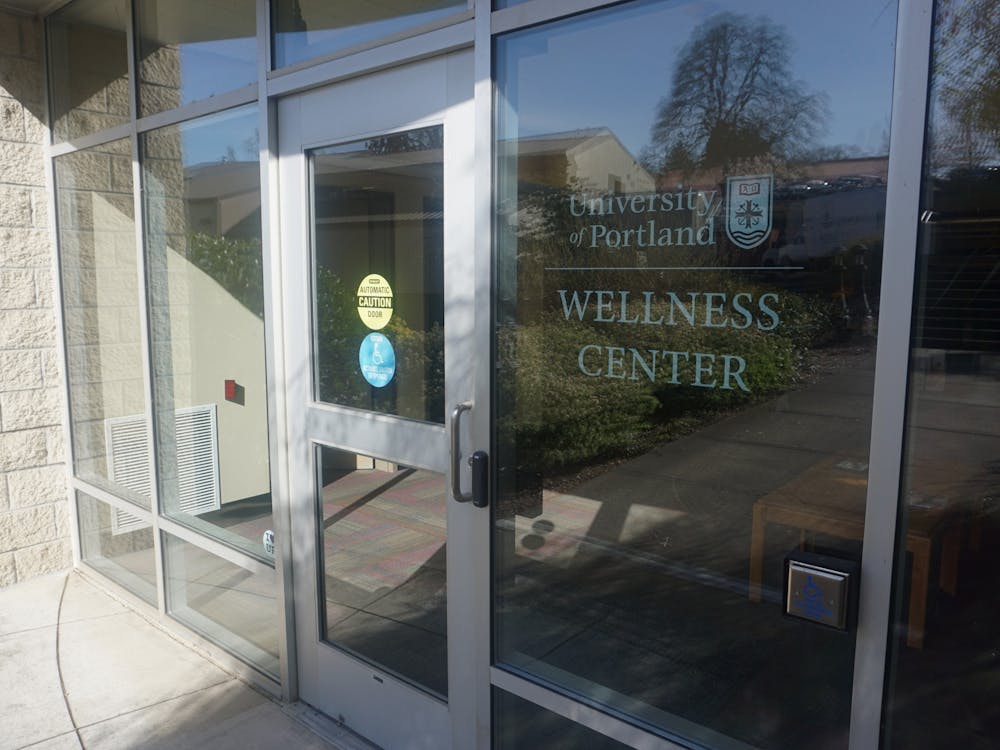Mental health is a challenging topic for people to discuss, but it is an issue that deeply affects college students. According to the National Institute of Mental Health, 30.9% of adults aged 18-25 struggle with serious mental health issues. Following the COVID-19 pandemic, the rates have gotten worse, bringing new challenges for schools to properly help their students.
The new position, director of student wellness, was made specifically to handle student mental health issues to put more of an emphasis on the growing problem. Greg Peterson was appointed to lead this position and wishes to help aid in this transformative period of life.
“Doing counseling with university students, and providing them with mental health education is extremely rewarding,” Peterson said. “I can watch as they engage in that process, apply it to their lives, and then spread it out to the rest of the world."
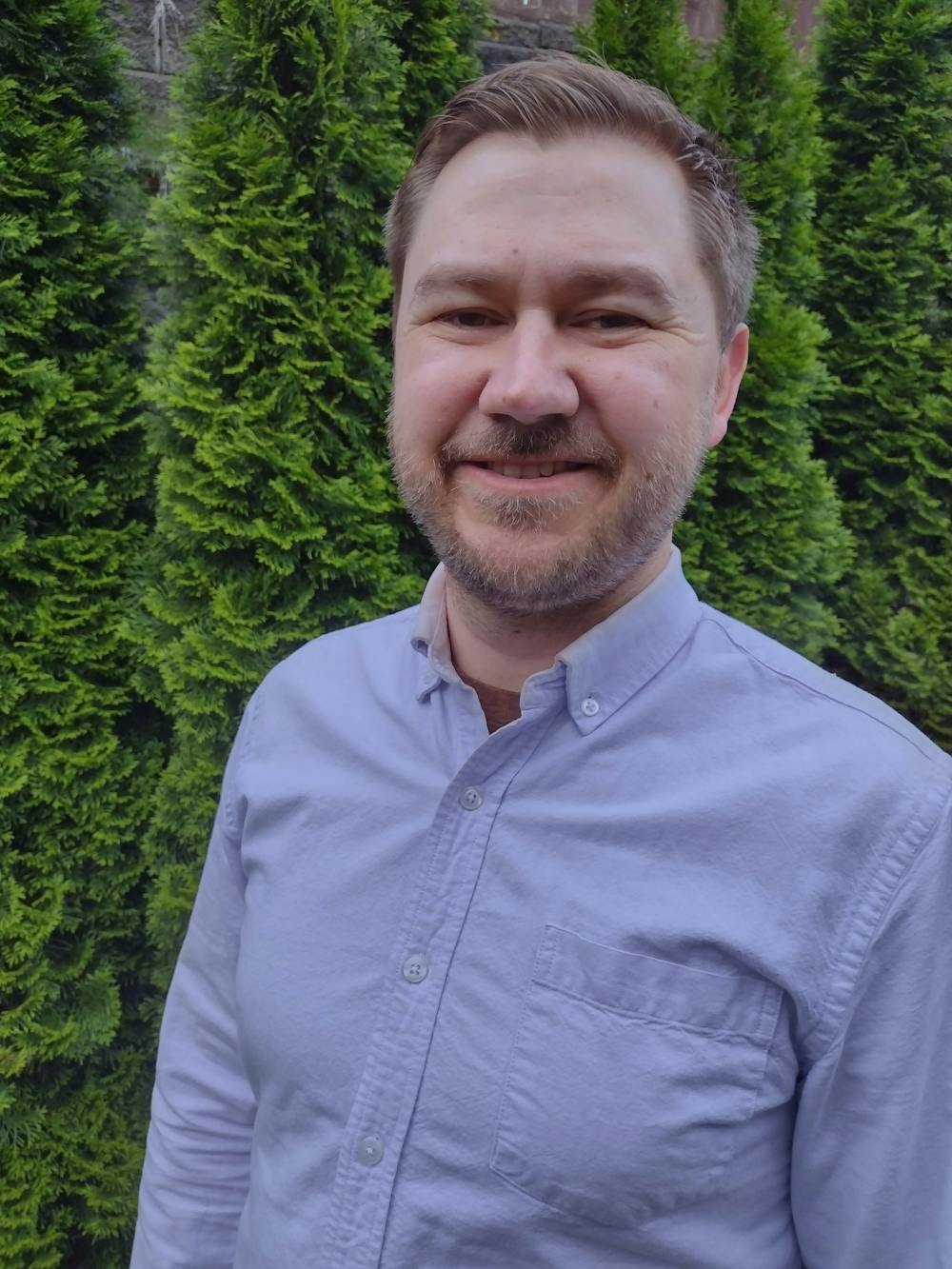
With a masters and license in counseling, much of his work before higher education centered on supervising community mental health services for severely mentally ill adults, youth and their families. Before joining UP, he was previously the director of counseling services at Concordia University prior to its closure.
During his time at UP, Peterson will oversee all aspects of student wellness such as the Care Team and wellness education. He will also provide direction for the specific mental health needs and challenges faced by UP students.
UP’s Health and Counseling Center has also seen a restructuring of its organization and opened a new communal space for the Wellness Center in Orrico Hall.
According to the Associate Vice President for student development,Tammy Herdener, the restructuring allows for multiple directors to handle different aspects of health and wellness. One director will handle physical health and infectious diseases while another will handle student wellness and mental health. Previously, only one director was in charge of both physical and mental health needs on campus.
“We wanted to find a way to serve students more robustly when it comes to just wellness in general,” Herdener said. “Both from a health perspective at primary care and mental health counseling.”
After restructuring, wait times for counseling appointments were reduced. These changes are hoped to build on previous improvements the HCC made in light of the effects of the pandemic.
Besides the new positions, the Wellness Center also plans to host a series of events this year that promote mental health education. Event topics will vary greatly, from suicide prevention to time management, in order to educate students on many health and wellness issues.
Wellness education and prevention program coordinator, James Peña, is primarily in charge of the Green Dot program, which promotes bystander training and interpersonal violence prevention on campus. The first training session takes place on Oct. 1, with more events throughout the year. Students can sign up for events or contact Peña for more information.
One event that will recur throughout the year are “Wellness Wednesdays." According to Peña, the events will feature collaborations with student groups on campus in order to bring awareness to various wellness issues.
Outside of the HCC, Active Minds — a student group promoting mental wellness on campus — will hold many events promoting various issues throughout the year. Active Minds’ special events coordinator, Jazryn Nagum, said many of the events will educate students on how mental health issues intersect with marginalized groups such as BIPOC and LGBTQ+ communities.
“A lot of times you have to acknowledge that minoritized communities don't have the money or the privilege to go to therapy sessions or mental health help,” Nagum said. “Active Minds serves as a gateway to learning what you can do with the resources that you're given.”
Active Minds’ goals reflect the national disparities when it comes to mental health resources. BIPOC, low-income and LGBTQ+ communities face higher rates of unreported mental health issues and obstacles in accessing proper mental health services.
Besides attending these events, the members at the Wellness Center and Active Minds want students to take care of their mental health. Ways to help take care of your mental health is to also focus on physical health by exercising, sleeping and getting proper nutrition.
“Oftentimes students will think putting off sleep and getting things done is going to be more effective when really the more you sleep the more effective you're going to be with the things that you need to do,” Peterson said.
Understanding your limits and not overworking yourself is also a common piece of advice.
“I know a lot of students will push themselves and study late at night but honestly, if you're tired, go to bed,” Nagum said. “This is easier said than done, but don’t let a letter grade or an assignment define you.”
Nagum personally exercises in order to relieve stress. She also emphasizes the importance of doing de-stressing activities with friends or doing seemingly minor things like walking around campus for a change of scenery.
“I go to the gym,” Nagum said. “If you don't like going to the gym alone, then you can go to classes that they teach in the gym and invite your friends over. Or even going on a ‘hot girl walk’ around campus.”
The HCC and Wellness Center ultimately want students to be aware of the resources available on campus and they stress the importance of reaching out for help.
“Reach out and be your own advocate,” Herdener said. “We want to serve you and help you. But sometimes it's hard because we don't know if a student is in need or not. It can be as easy as completing a referral on the UP Care Team website [or] walking over to your RA’s door and knocking.”
Carlos Moreno-Vega is a reporter for The Beacon. He can be reached at morenove23@up.edu.



